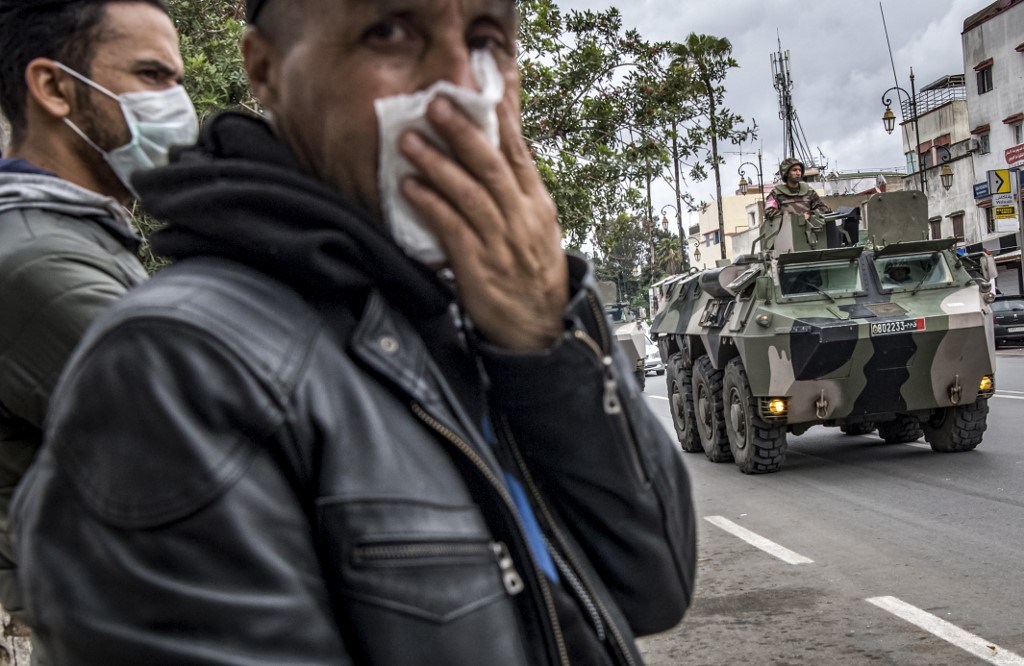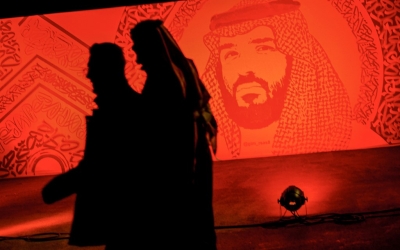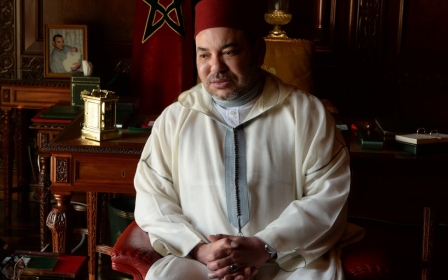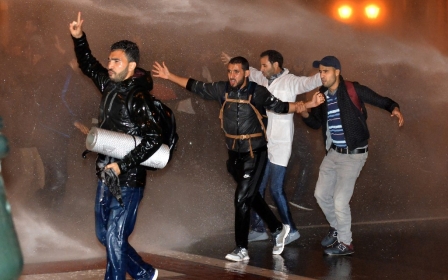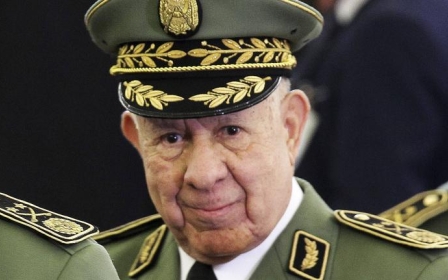Morocco's coronavirus surveillance system could tip into Big Brother
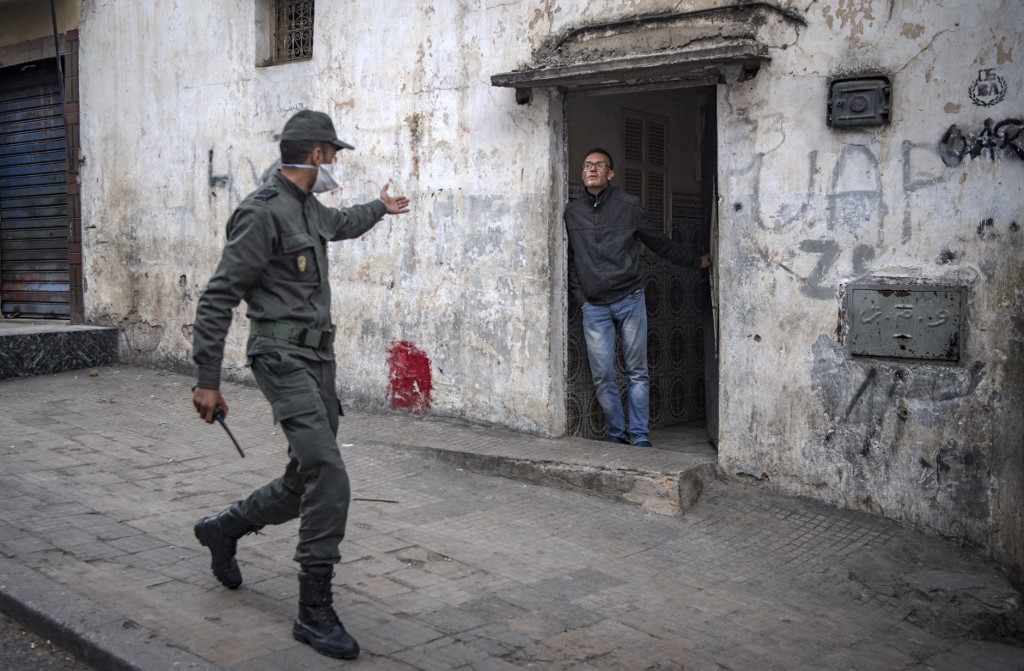
Morocco’s national security department recently launched a mobile application to allow the tracking of citizens in Rabat, Sale and Temara, amid a state of emergency triggered by the Covid-19 pandemic. The state was also working on a broader application to track and trace the contacts of people infected with coronavirus.
The application would determine whether you were in contact with a coronavirus carrier and provide information from the health ministry on what actions to take, cross-checking mobile location information with the ministry’s epidemiological data.
Like China and South Korea, Morocco has chosen to trust digital technology developed by Israel, sparking controversy. BDS Morocco and other local rights groups issued a news release denouncing the move and calling on the state to end all “normalisation” with Israel.
Exceptional measures
But beyond this political controversy, and putting aside the contributions of digital technology to countering the pandemic, an important question remains: to what extent could the use of individual tracking on the part of public authorities infringe on the rights and freedoms of citizens, already weakened in the kingdom?
New MEE newsletter: Jerusalem Dispatch
Sign up to get the latest insights and analysis on Israel-Palestine, alongside Turkey Unpacked and other MEE newsletters
Put another way, because of exceptional measures in a time of crisis, does Morocco risk sliding into the “Big Brother” model of surveillance policy?
With the use of digital tracking, Morocco appears to have reached a new milestone in its sophisticated security policy
As in many countries, Morocco’s state of emergency and lockdown measures have aimed to contain the spread of coronavirus. Authorities claim to have taken urgent measures in accordance with Article 21 of the constitution, to ensure the security of the population while respecting fundamental rights and freedoms.
But without a clear “emergency legal system”, the state seems to be freed from these constraints. In a news release issued last month, the Moroccan Association for Human Rights denounced the state’s security excesses, citing concerns about a wave of intimidations and arrests of activists on the pretext that they were inciting others to breach the state of emergency.
With the use of digital tracking, Morocco appears to have reached a new milestone in its sophisticated security policy. With a colossal budget, the interior ministry often acts beyond the will of the executive, having launched the Covid-19 plan without parliamentary consultations.
By launching the coronavirus tracking application, the state security apparatus once more takes the upper hand over the government of Saadeddine el-Othmani, which has been reduced to a role of informing the public of decisions made at the highest levels of the state’s power structure.
Questions over confidentiality
In examining Morocco’s response to the Covid-19 crisis, it is impossible to overlook the security matrix. The diminished health ministry has been forced to work under the aegis of technocrats from the interior ministry.
The Covid-19 tracking technology could offer a perfect opportunity to consolidate the country’s population-surveillance system, already deemed the most efficient in the region. Yet, in the development of a contamination tracking solution, one can only regret the blatant removal of the element of human rights and freedoms.
There has been no discussion on how to guarantee the confidentiality and security of personal data, and even less on the need to involve representative institutions. In a state of crisis, designers of this project appear to have been content to ignore these fundamental issues.
On a technical level, emphasis has been placed on digital engineering, particularly through securing the user’s journey, sending security codes, setting up databases, etc. On the functional side, the plan could pose a real threat to freedom of expression, giving authorities a centralised model through which to disseminate official information.
'Security' mantra
This is not even to mention the fact that the programme is not limited to a fixed period of time. There is also a risk that non-governmental bodies, or even malicious people, could get their hands on individuals’ personal information and use it for other purposes.
The plan clearly poses a significant threat to the fundamental rights and freedoms of Moroccan citizens. In the absence of parliamentary oversight, Morocco’s response plan to the Covid-19 crisis is set to strengthen the state’s surveillance system.
Let’s not forget that state powers were shaken significantly by the post-Arab Spring protests, starting with the Hirak movement in the Rif region. The temptation for the security apparatus to misuse data on contaminations in an attempt to strengthen the protest monitoring system presents a valid and serious concern.
Over the decades, Moroccans have come to terms with the fact that they are under close surveillance by the state’s intelligence services. The regime of Mohammed VI has even taken over the internet, tightening its grip on social media users. We don’t want to succumb, in a moment of major crisis, to the “security” mantra that has never served the aspirations of democracy-seeking nations.
Avoiding Big Brother
We must sound the alarm over the risks of a plan to combat Covid-19 where individuals could find themselves hunted down by security personnel. In the absence of any control on the part of representative institutions, this “emergency” plan could have unpredictable political consequences.
Between citizen vigilance and security surveillance, there is significant nuance
With the state of emergency, lockdown measures and now technological tracking of people infected by Covid-19, Moroccan society risks plunging further into a hyper-surveillance system.
To track coronavirus while respecting fundamental rights and freedoms, we say yes. To monitor the lives of typical Moroccans who already live in poverty and are now cornered by a miserable lockdown, we say no. Between citizen vigilance and security surveillance, there is significant nuance.
Let’s not let Big Brother control our lives.
This piece was translated and condensed from the MEE French edition.
The views expressed in this article belong to the author and do not necessarily reflect the editorial policy of Middle East Eye.
Middle East Eye delivers independent and unrivalled coverage and analysis of the Middle East, North Africa and beyond. To learn more about republishing this content and the associated fees, please fill out this form. More about MEE can be found here.



